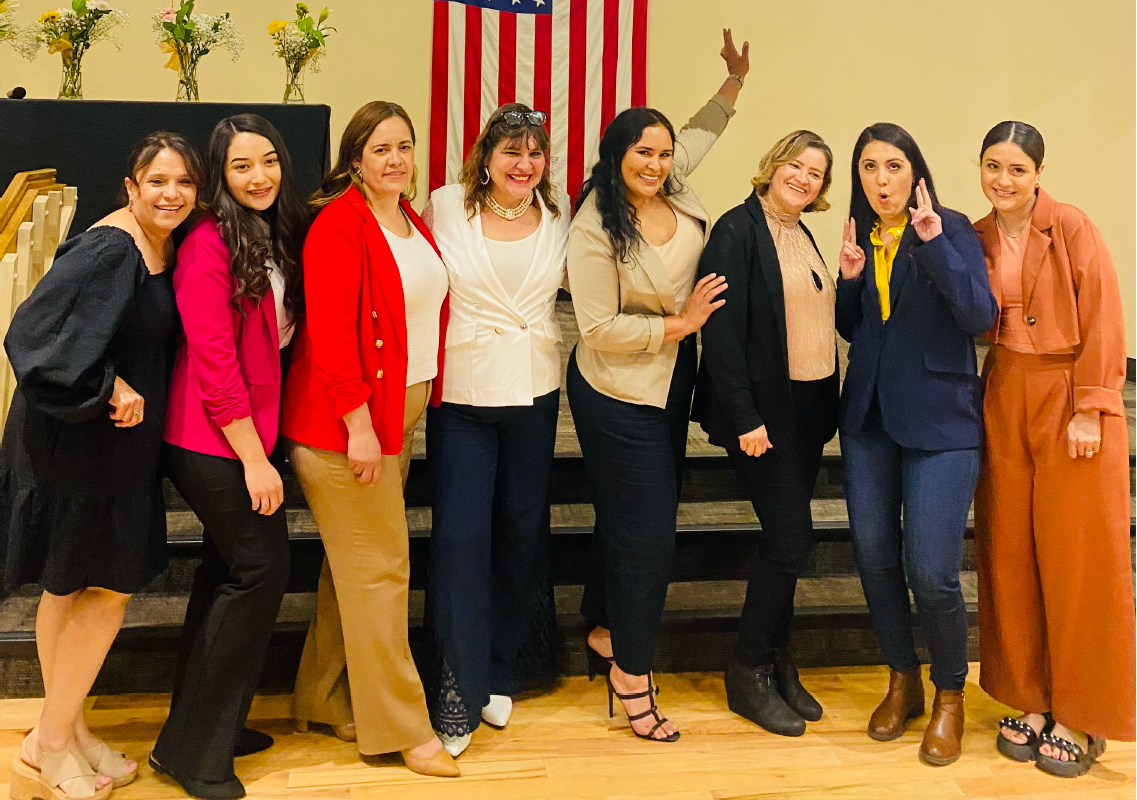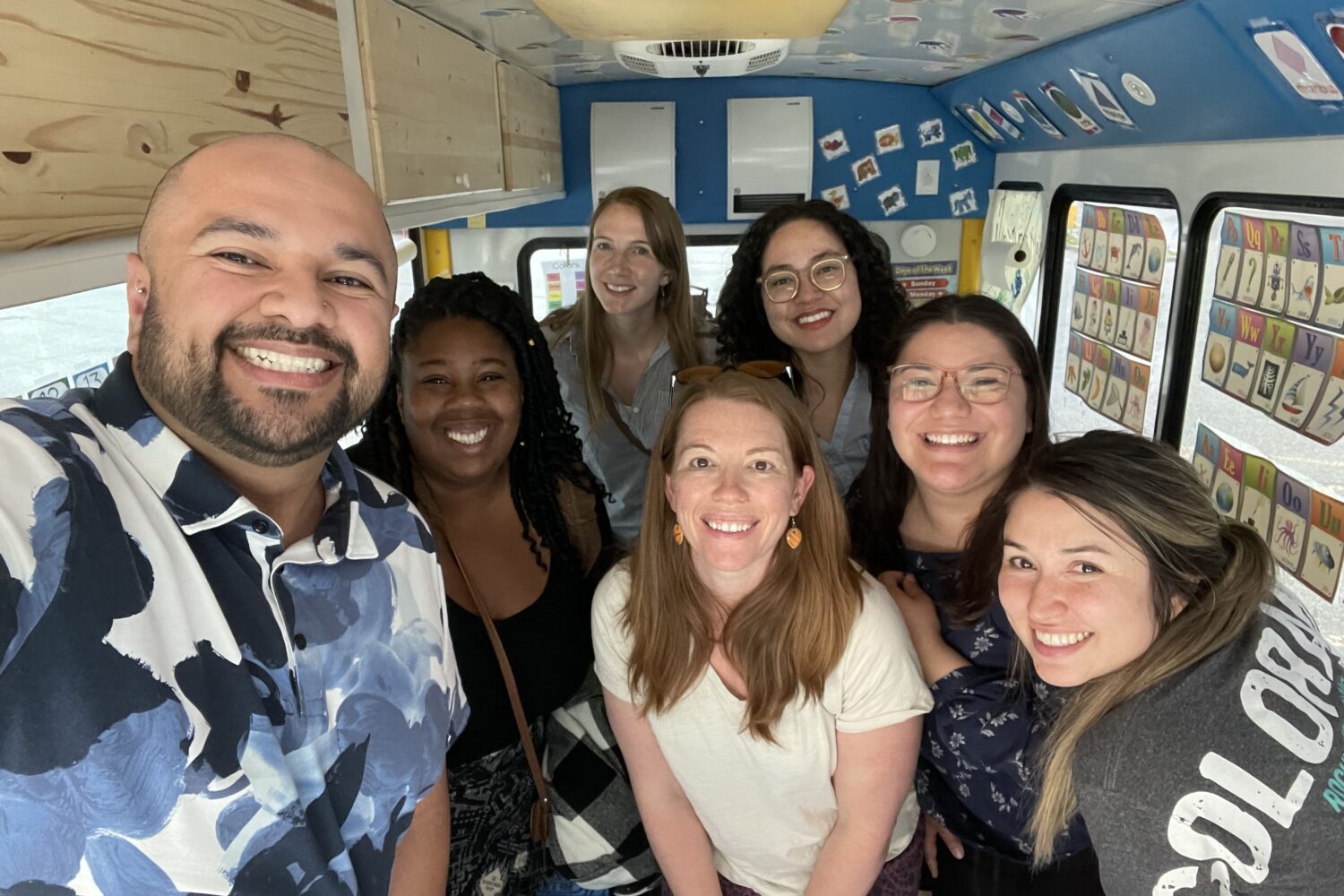Family, friend, and neighbor (FFN) child care providers are a critical part of the early childhood workforce. They make it easier for parents to work, support their families, and contribute to the economy.
FFN care is child care provided consistently by a family member, friend, or neighbor, typically within a home setting. More than half of Colorado’s families depend on child care provided by grandparents, aunts, relatives, family friends, or neighbors.[1]
FFN providers face similar struggles as those providers in licensed early care and education settings. However, there are more barriers for them to access resources, training, and funding. Some barriers include financial constraints, limited time outside of the hours they provide child care, and a lack of information, resources, and training in their primary languages. Much work remains to be done to build stronger, more inclusive, and easily accessible systems to support FFN providers.
How the CIRCLE Grant is Addressing FFN Needs
Three grantees of the Community Innovation and Resilience for Care and Learning Equity (CIRCLE) Grant program – Edgewater Collective, Springboard Child Care, and Small Business Majority – are making sure FFN providers have more equitable access to various types of support. These grantees are three of several working to create long-term support for FFN providers. Their approaches acknowledge FFN providers’ important roles, value them as early childhood workforce members, recognize existing barriers, and tailor support to meet their needs.
CIRCLE grant projects are funded by the Colorado Department of Early Childhood (CDEC) through the federal American Rescue Plan and the Coronavirus Response and Relief Supplemental Appropriations, or CRRSA, Act. Early Milestones partnered with CDEC to administer the CIRCLE grant program.
Edgewater Collective Launches FFN Child Care Cooperative

Responding to child care needs in Jefferson County, Edgewater Collective worked alongside FFN child care providers to launch a worker cooperative, Casitas Pin Pon. The cooperative, which was funded by the CIRCLE grant, increases family income and builds a support network by and for Spanish-speaking Latine FFN providers.
In worker cooperatives like Casitas Pin Pon, members own the business and build wealth together. They do so by sharing profits and decision-making responsibilities. The cooperative also increases child care availability and support for dual language learners and their families by providing culturally and lingually relevant care.
Before launching the cooperative, each FFN provider participated in the Colorado Statewide Parent Coalition’s Providers Advancing Student Outcomes (PASO) program, an intensive 120-hour early childhood education training program. In addition to PASO, members of the cooperative received coaching support, office supplies, educational materials, and a three-month training program to support their business model.
“You know we will be part of a cooperative because we are Latinas, mothers, sisters, daughters, [and] friends trying to do something important. We have a beautiful project that makes us feel fulfilled and valued, but we will also be family. We could do it more slowly on our own, but it would be more difficult and take longer. We must trust ourselves, and we will take care of each other. And we will be the path for more Latinas like us.” – Casitas Pin Pon Cooperative Member
Springboard Child Care Supports FFN Providers with Funds and Coaching
Springboard Child Care, a nonprofit organization in Arapahoe County, supports FFN providers with one-on-one coaching, tools to strengthen their business practices, and start-up funds to prepare early learning environments in their homes. Springboard worked with 16 providers during the CIRCLE grant period, many of whom were immigrant and refugee families. Nine of the 16 providers who were supported by Springboard chose to pursue child care licenses.
“From my perspective, immigrant and refugee communities bring such valuable assets and have incredible potential when we think about workforce recruitment efforts,” says Gloria Higgins, CEO of Springboard. “Their passion for children and the appreciation that they express for being included [is] amazing.”

Springboard aims to meet each individual where they are. Through their work, Springboard noticed a shift in providers’ needs from early childhood coursework to more business support services. This shift may be due to CDEC recently allowing free access to both college courses and the Child Development Associate credential. CIRCLE funds made it possible to purchase computers, child care management systems, and interpretation and translation services. These new tools ensure equitable access to information in multiple languages, management systems, and interpretation and translation services.
“We work with them to achieve their goals, whether that be to increase their professional development, increase the quality of materials and curriculum for the children, or pursue licensure if that is the route they choose,” said Ms. Higgins.
Springboard’s work with FFN providers has also created a network of individuals to support each other. They provide child care management best practices, meal planning ideas, and a lending library of educational materials and toys that reflect each child’s culture and home language. Social connections to other providers also reduce the isolation that many providers experience. In one year, they developed a sense of community with Springboard staff and each other.
Small Business Majority Produces Webinar Series for FFN Providers
Small Business Majority (SBM) acknowledges licensed and license-exempt home-based child care providers as the small business owners they are. To ensure providers have access to support in starting and operating small businesses, SBM provides a host of resources. These resources include business training, tools, and a webinar series for FFNs and licensed family child care homes.
License-exempt child care is care that is exempt from licensing requirements. Colorado’s Child Care Licensing Act allows certain providers to operate without a license. More information on licensing is available through the Colorado Department of Early Childhood’s website.
Delivered alongside many partners, the four-part webinar series trains providers on the business side of child care in both English and Spanish. Their series, funded through CIRCLE, has reached over 170 Colorado childcare providers, FFN providers, and entrepreneurs. SBM’s webinar series includes:
- “Pathways to Becoming a Childcare Provider,” an overview of education, licensing requirements, and types of child care.
- “Get Your Child Care Business Started,” a how-to guide in creating a Limited Liability Company, or LLC, and establishing a business.
- “I Have My Child Care Business, Now What?” which covers record keeping and day-to-day management.
- “Getting Funding for My Child Care Business,” training that outlines funding options and how to responsibly use loans to grow a business.
In addition, SBM partnered with another CIRCLE grantee, Colorado Mountain College, to develop a bookkeeping curriculum for child care businesses and outlined the process for earning a GED. The latter focused on the pathways available to immigrants. SBM also hosts webinars to share information regarding new laws and tax credits that impact child care businesses.
Keys to Success to Ensure Equitable Access and Inclusivity
There are many lessons to be learned from the CIRCLE-funded work of Edgewater Collective, Springboard Child Care, and Small Business Majority. Other organizations seeking to create support systems for FFNs in local communities can use the information below to inform their work.
- Eliminate language barriers by offering interpretation as well as translated materials, handouts, and presentations.
- Share translated recordings and materials so that participants can complete training at their own pace.
- Hire multilingual staff who reflect and understand the lived experiences of the participants served.
- Partner with organizations that have established relationships with the participants you aim to serve to expand your geographic reach.
- Co-create alongside participants early on to ensure your final product meets their needs.
- Create opportunities for social connection among participants.
- Consider how a participant’s access to various technology (WiFi, computers, smartphones) may impact online training sessions.
keyTakeaways
-
Family, friend, and neighbor (FFN) child care providers are an important part of the early childhood education workforce.
-
FFN providers face unique systemic challenges and additional barriers compared to those who provide licensed care.
-
CIRCLE grantees Edgewater Collective, Springboard Child Care, and Small Business Majority launched innovative programs to support FFN providers.
-
Support for FFN providers, such as translated webinars and informational materials, increase the availability of culturally appropriate child care services in the state.
FOOTNOTES
[1]Office of Early Childhood and Colorado Department of Human Resources (2019). Colorado Shines Brighter: Opportunities for Colorado’s Early Childhood System [Assessment]. https://earlymilestones.org/wp-content/uploads/2020/02/Colorado-Shines-Brighter_Strategic-Plan_Full-Report.pdf.




